In conversation with Sandro Debono
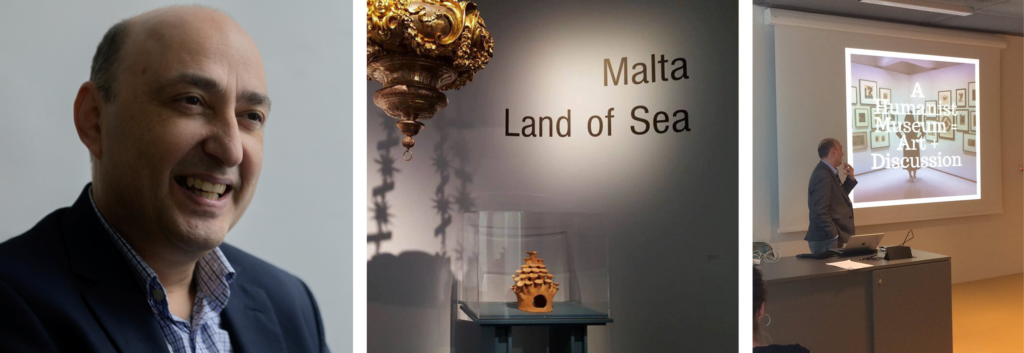
ARTZ ID: You describe yourself as a ‘museum thinker, culture consultant, and writer.’ Could you tell us more about how this description translates into your professional experience, past and present?
Sandro: I do like to introduce myself as a museum thinker as most of the work I still do with museums is to get them to think differently and re-invent themselves. Most of my writings and research are also thought pieces presenting new ideas to the sector.
As national representative and member of the European Museum Academy and advisory board member at We Are Museums, the international platform for change-makers in the museum world across the globe, I am now much more active in consultancy and research which also features in the specialised courses I deliver at the University of Malta and other Universities in Italy and elsewhere. I am also regularly writing opinion pieces for my blog publication, The Humanist Museum, which are now featuring on the international platform Museumnext and translated to Italian by online Italian art magazine Finestre Sull’Arte.
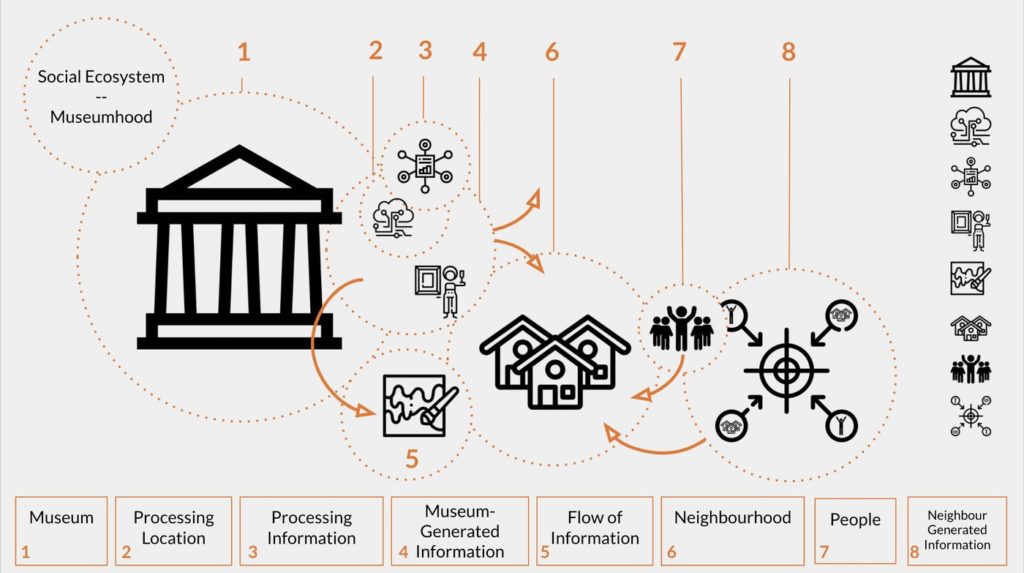
ARTZ ID: You have been quite active as an art historian and curator over the past years. You also have a number of exciting projects in your list of achievements including international exhibitions in Malta and abroad. What advise can you share with the platform?
Sandro: The values that have informed my work and practice have always been informed by an awareness that anything can be questioned. Indeed, lateral thinking is a skill that is oftentimes part and parcel of our disposition as Maltese and which makes us resilient – the more when faced with restrictions, be they financial or art criticism related, that are inherent to the local scene.
I would start by advising to look beyond stereotypes. There is a lot that is happening on the fringes in the European cultural scene and it is oftentimes the case that smaller, much less equipped cultural spaces including museums, are much more on the forefront and abreast with the latest developments and ideas. For those that are at the beginning of their career in the arts, I strongly advise to keep an eye on what is happening beyond Malta but not just to the traditional institutions. The Maghreb, the Middle East and East Europe are exciting cultural ecologies in their own right. There is also a lot happening with regards to climate change – Olafur Eliasson is perhaps the better known but there are many more artists and creatives dealing with climate change.
ARTZ ID: You regularly publish articles about how museums can rethink themselves, particularly in relation to current events (such as Black Lives Matter and the ongoing pandemic). Do you have any thoughts to share about how the Maltese museum sector can also rethink itself in relation to these current events?
Sandro: Most of the problems and challenges that museums around the globe are facing were already there before the COVID-19 pandemic. We can say that the COVID-19 pandemic accelerated things. Indeed, most of the thinking has been done and research published over the past decade or two. I can mention at least three rethinks that have been happening over the past years. One of these certainly concerns participatory practice in museum management, including co-created exhibition projects and management.
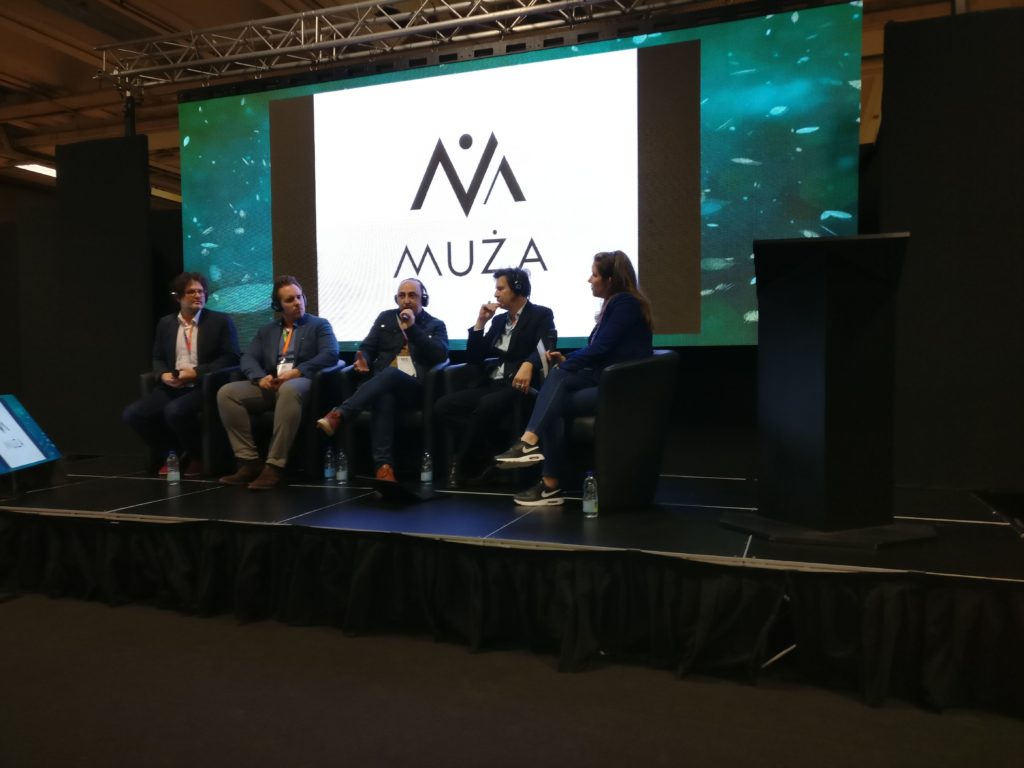
There is much more happening on the international scene which still fails to attract much interest locally. One of these is the climate change movement and the UN 2030 sustainable goals. The Network of European Museums Organisations conference held in Tartu, Estonia, in 2019, was all about the 30 sustainable goals identified by UNESCO. The conference was also the stage for the launch of the international movement Museums for Future movement inspired by the Fridays for Future movement led by Greta Thunberg. Many museums have joined this international movement and staff regularly participates in protests happening in major European cities and have been also active with such projects as #artstrike where paintings are covered at specific times simply to make a statement against climate change.
ARTZ ID: What exciting projects are you currently working on and where can we expect to see your name coming up in the future?
Sandro: Lots of things in the works but the one mostly connected to Malta is the international conference MUŻE.X – Shaping Museum Futures which had to happen this coming November. Unfortunately the COVID-19 situation led us to postpone the main event which shall now be happening in October 2021.
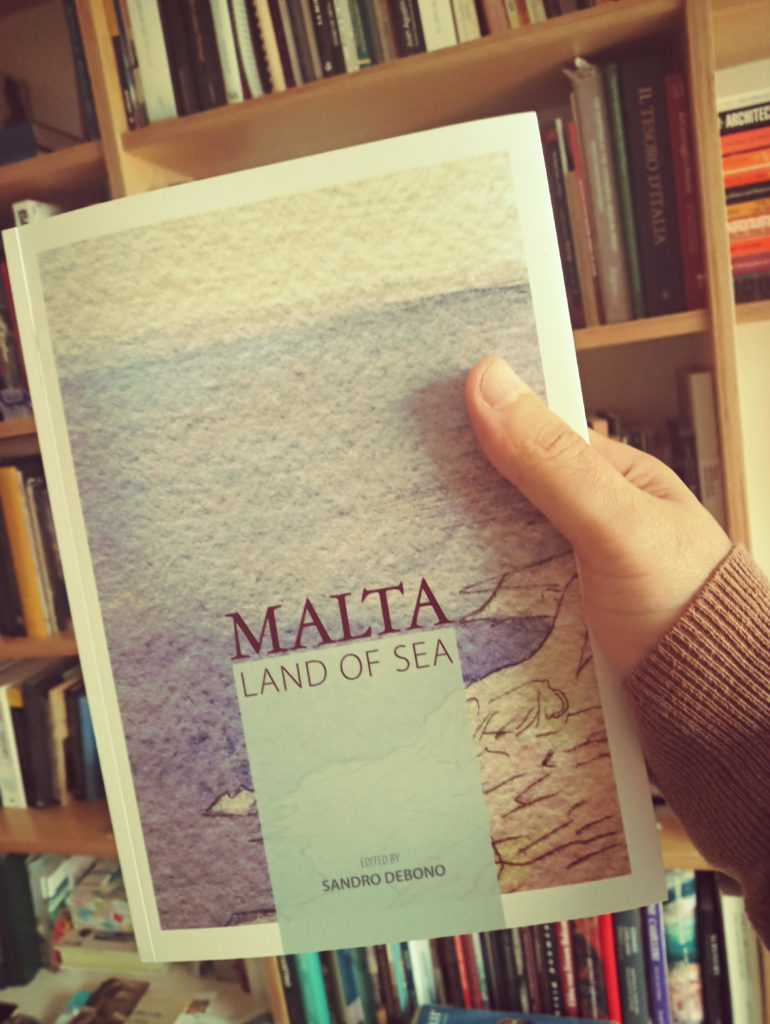
Connect with Sandro and continue to follow his work on ARTZ ID.
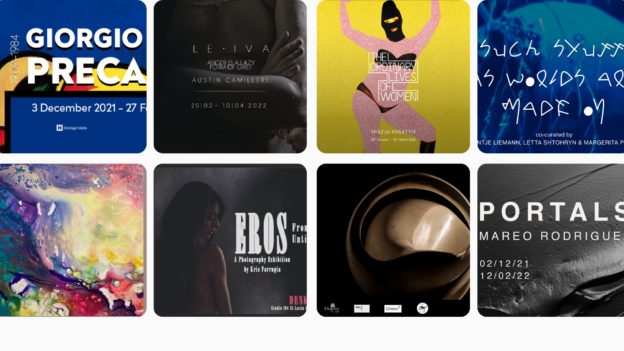
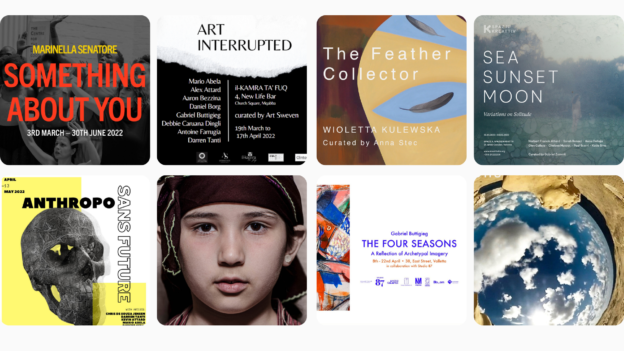
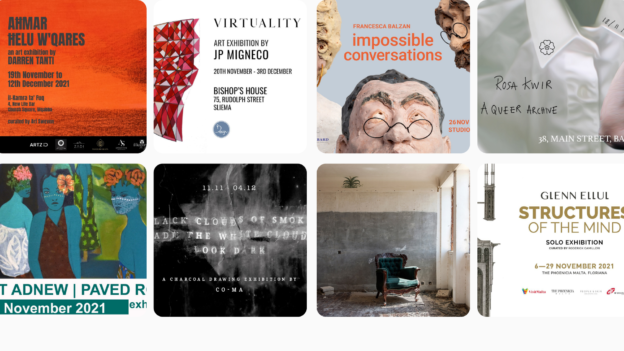
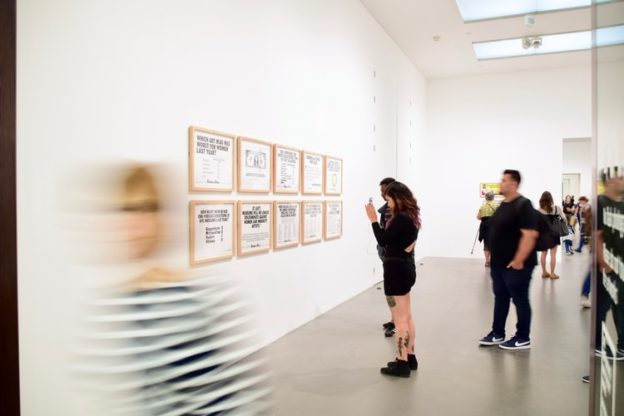
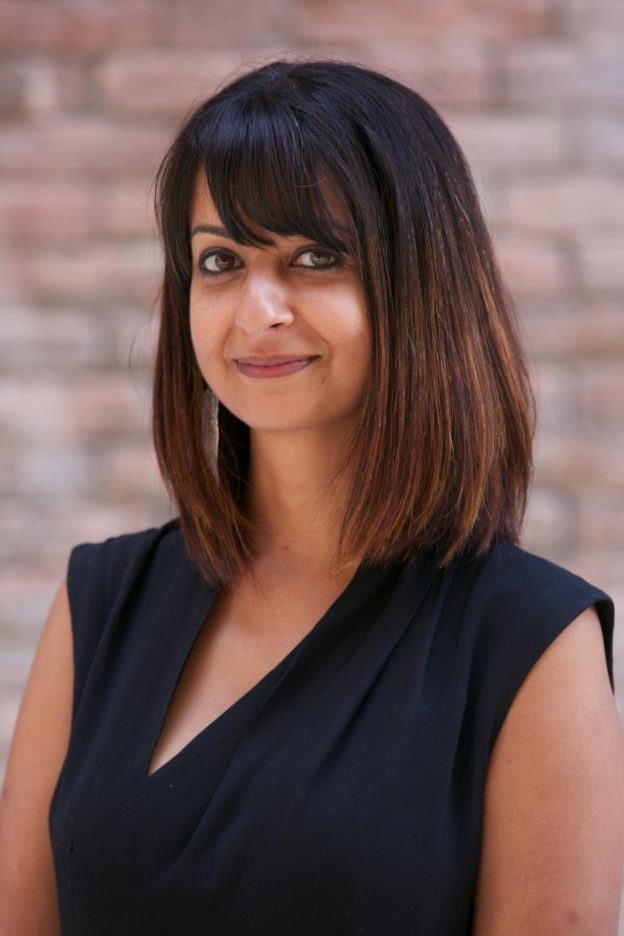
Responses